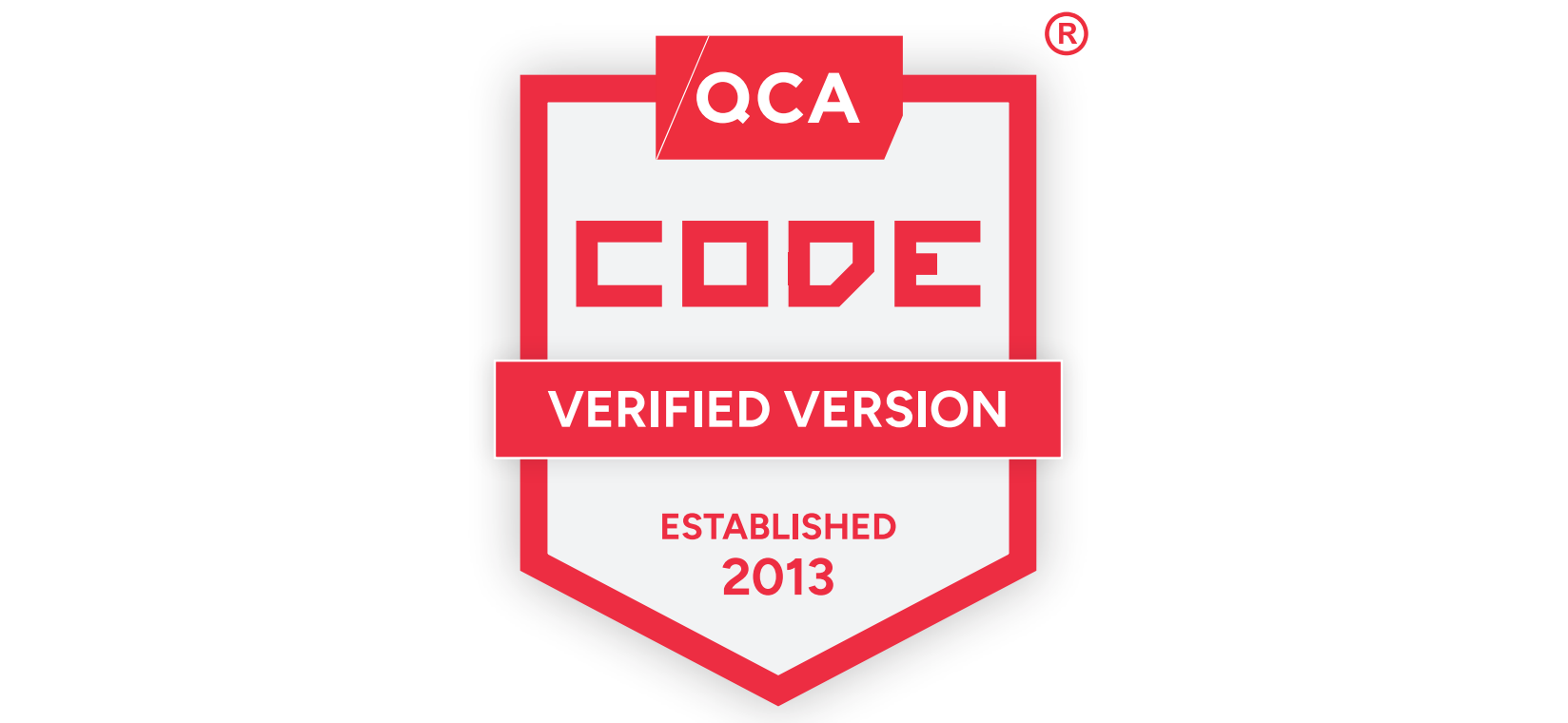Nomination Committee Terms of Reference
The Nomination Committee was established to support its responsibilities in maintaining effective leadership, Board composition, and succession planning.
The Committee comprises four independent Non-Executive Directors:
The Committee’s role is to ensure that the Board and the leadership team retain the right mix of skills, experience, and diversity to support the Group’s strategic goals. It is responsible for:
-
Regularly reviewing the structure, size, and composition of the Board.
-
Leading the process for identifying and nominating candidates for Board appointments.
-
Overseeing succession planning for Executive and Non-Executive Directors, including contingency plans for unplanned vacancies.
-
Reviewing the leadership needs of the organisation in light of the Group’s evolving strategy.
-
Making recommendations regarding membership of other Board Committees.
-
Monitoring the time commitments and performance of Non-Executive Directors.
-
Ensuring new Directors receive appropriate induction and clear expectations of their role.
Senior management appointments are made by the Executive Directors, who carry out ongoing assessments of succession needs and skills gaps across the business. Key appointments are overseen by the Nomination and Remuneration Committees. The Nomination Committee meets at least once per year and more frequently if required. The Company Secretary acts as Secretary to the Committee.
The Committee Chair reports to the Board after each meeting and presents to shareholders at the Annual General Meeting. A report of its activities is included in the Company’s Annual Report and Accounts.
Full ToR available here.
Board Evaluation
The Board undertakes reviews of its effectiveness on an annual basis and will consider using an external adviser when deemed necessary. The Company envisages that this evaluation process brings to light possible changes which could make the Board’s activities and administration more effective and efficient, and seeks to implement them in an effort to continuously improve.
The Board Evaluation covers the following areas:
- the manner in which the Board is run, and operates as a team;
- the skills experience and independence of the Board;
- the strategy of the business;
- the risks to the business;
- the Company’s ethical values and behaviours; and
- engagement with shareholders and other stakeholders.
